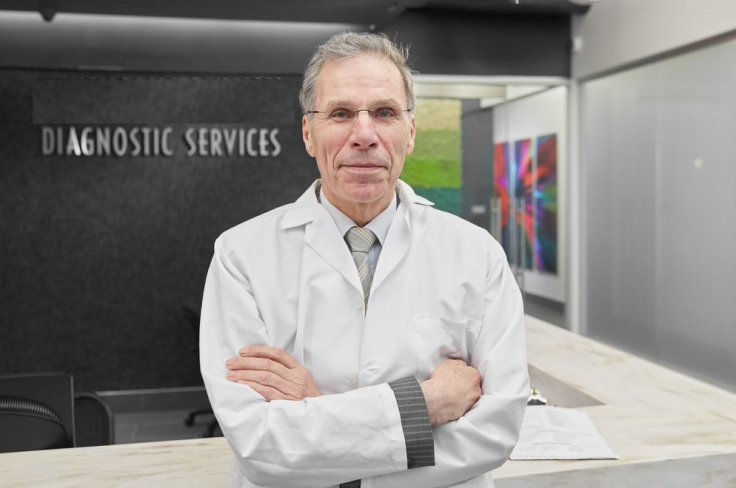Dr. Peter Rentrop says that the world of cardiology is undergoing a fascinating transformation. Gone are the days of bulky machines and limited diagnostic tools. Today, a revolution is brewing, driven by wearables, robotics, and cutting-edge technology advancements. Let's delve into how these innovations are shaping the future of heart health.

From Steps to Heart Health: The Rise of Wearable Tech
The rise of wearable technology like smartwatches and fitness trackers has been a game-changer. Once seen as mere fitness companions, these devices are now crucial in heart health monitoring. They can track an array of data points, including heart rate, rhythm, and even blood pressure fluctuations. This empowers individuals to take a more proactive approach to their heart health, identifying potential issues early on.
Imagine receiving an alert from your smartwatch notifying you of an irregular heartbeat. This early detection could be the difference between catching and allowing a problem to progress.
Beyond the Wrist: Wearables for Advanced Monitoring
Dr. Peter Rentrop explains that the world of wearables is expanding beyond the wrist. Implantable devices like cardiac monitors can now continuously track a patient's heart health, transmitting data wirelessly to their doctor. This remote monitoring allows for constant vigilance, enabling cardiologists to intervene swiftly if necessary.
The Rise of the Machines: Robotics in the Cath Lab
The operating room is no stranger to robotics, and cardiology is embracing this technology with open arms. Robotic-assisted cardiac surgery offers several advantages. Robotic arms provide surgeons with greater precision and control during minimally invasive procedures like heart valve repair or coronary bypass surgery. This translates to quicker recovery times and less trauma for patients.
The Future of Cardiology: A Personalized Approach
The convergence of wearables, robotics, and big data is paving the way for a future of personalized cardiology. AI algorithms can help predict a person's risk of developing heart disease by analyzing vast amounts of patient data from wearables and other sources. This allows doctors to tailor preventative measures and treatment plans to each individual's unique needs.
A Brighter Future for Hearts
Dr. Peter Rentrop suggests that the future of cardiology is brimming with possibilities. Advancements in wearable technology, robotics, and data analysis are leading to a new era of preventative care, early detection, and personalized treatment. This exciting evolution holds immense promise for a healthier future in which heart disease has a far less significant impact on our lives.









